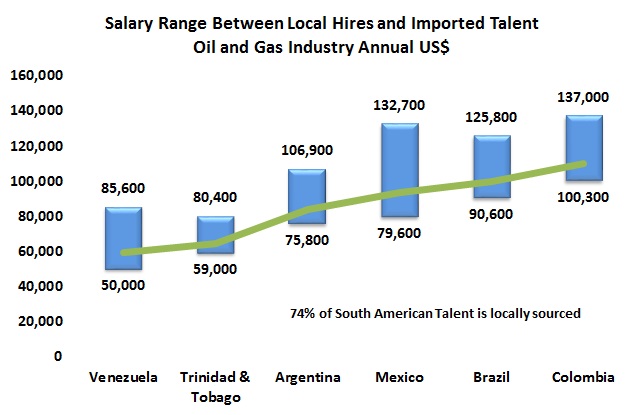Incidents near areas of interest to the oil and gas industry were up to 39, above recent and long-term averages. Non-Armed-Forces-reported incidents were slightly above average in percentage terms and in absolute terms. This is our indicator of increased guerrilla-initiated activity. Our 4-week Moving Average incident count was up correspondingly at 36.3 and the 52 week average was up slightly at 31.3 incidents per week.
In Orito, Putumayo a group of around 100 community leaders, activists and organizers met with Ecopetrol (NYSE:EC) to discuss the alleged contamination of local rivers and streams, but considered the NOC’s explanations insufficient.
The damage and aftermath of guerrilla attacks on this sensitive set of pipelines keeps on snowballing, with reports estimating that the lost barrels have long surpassed a million and that a good portion of the Caño Limon field is at a halt.
The national government says that it will visit the U´WA indigenous group that is blocking the access of repair crews to the Caño Limon-Coveñas pipeline, which has been inoperable following a guerrilla attack on March 24th.

The annual study by global recruiting firm Hays is always hotly anticipated. We had already tweeted the topline result but here are the details. Required reading for HR professionals and senior managers.
Pacific Rubiales (TSX:PRE) president Jose Francisco Arata published an opinion piece in the magazine of a national paper and talked about what would contribute to a stable, developed economy and industry in 2074.